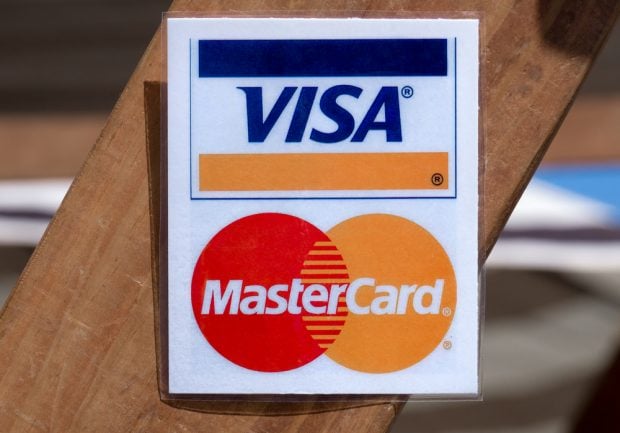Economic uncertainty. Increased regulation. Heightened legislative focus. Without a doubt, these are unprecedented times. And credit unions, along with the rest of the financial industry, are certainly being challenged. However, history has proven that challenges also create opportunities. As large card issuers are experiencing a flight of customers who are losing trust in their financial institutions, credit unions are positioned to stand tall and bridge the gap. At the same time, the down economy has also spurred an upswing in new small businesses and a renewed interest in entrepreneurship. In fact, some say these small businesses will lay the groundwork for revival and reconstruction when the recession ends. These entrepreneurs are part of your membership. When they turn to you for help with their small business needs, will you be ready to respond? The small business cards opportunity is a relatively untapped market with tremendous potential. Plus, research shows that small business card accounts are five times more profitable than consumer cards thanks to higher interchange rates, larger average tickets, more transactions and larger spending. Yet, of the $4.7 trillion small business commercial consumption expenditures in 2007, only 6.9% was spent on business cards. That leaves an untouched potential of nearly $4.4 trillion (93.1%) for small business card spending. Today, small businesses rely predominantly on checks for payments. But similar to the consumer industry, the spend efficiency, control and convenience offered by cards is changing that trend-especially for invoice-based spends. In a recent industry survey, 50% of respondents said that they would make all business purchases on payment cards if possible. Needless to say, small business cards are the fastest growing electronic payments product group. Now more than ever credit unions can provide the personal services small businesses want. Plus, serving the needs of members owning small businesses further strengthens the ties to those members and builds loyalty. The addition of business credit and debit cards to your small business offering enhances the member business lending portfolio already offered by many credit unions, thus allowing credit unions to remain competitive for current and potential members. Going forward, short-term and long-term growth will continue as more small business owners work to separate their personal and business finances. Small business growth historically increases after a recession and provides a major growth prospect for card issuers. Credit unions that have relationships with the small business owners through frequent servicing or branch-based product relationships will be best positioned to grow. However, credit unions need to review credit risk decisions carefully. Most credit unions already have sound risk-management strategies, and they should continue to follow them when considering small business credit cards. Credit unions should also have ongoing credit line management, preferably a manual review versus an automatic line increase system. When determining underwriting, the credit union should examine the entire relationship not just the card lending as well as study the personal and business credit scores. For approximately 80% of small business card decisions, it will be necessary to rely on the member's personal credit score. For the remaining 20%, with a longer business history, the credit union can rely on the business' actual credit score. Recently, Callahan & Associates suggested that credit unions examining business lending and business card programs should consider these five points: Understand your small business members' lifecycle. Small businesses have ever changing needs and lifecycles that are different from the average member. Knowing their lifecycle and addressing it are critical to their relationship with your credit union. Consider rewards. To remain relevant to small businesses, credit unions should consider offering rewards on business card programs. "Householding" rewards points will also deepen credit union relationships with both the business owners and their families. Offer a multitude of electronic payment options. Engage with the small business arena by offering services such as bill pay with credit or debit cards, remote-deposit capture and financial management tools like those offered by Visa and MasterCard to deepen loyalty and reduce expenses. Educate staff. Educating branch staff to recognize the business needs and cross-sell opportunities can grow your program and its profitability. Address security issues frequently. When using plastic, security is always top-of-mind. Credit unions should use products, services and messaging that address fraud, identity theft and guaranteed protection to help ease small business owners' reservations.
Complete your profile to continue reading and get FREE access to CUTimes.com, part of your ALM digital membership.
Your access to unlimited CUTimes.com content isn’t changing.
Once you are an ALM digital member, you’ll receive:
- Critical CUTimes.com information including comprehensive product and service provider listings via the Marketplace Directory, CU Careers, resources from industry leaders, webcasts, and breaking news, analysis and more with our informative Newsletters.
- Exclusive discounts on ALM and CU Times events.
- Access to other award-winning ALM websites including Law.com and GlobeSt.com.
Already have an account? Sign In
© 2024 ALM Global, LLC, All Rights Reserved. Request academic re-use from www.copyright.com. All other uses, submit a request to [email protected]. For more information visit Asset & Logo Licensing.









